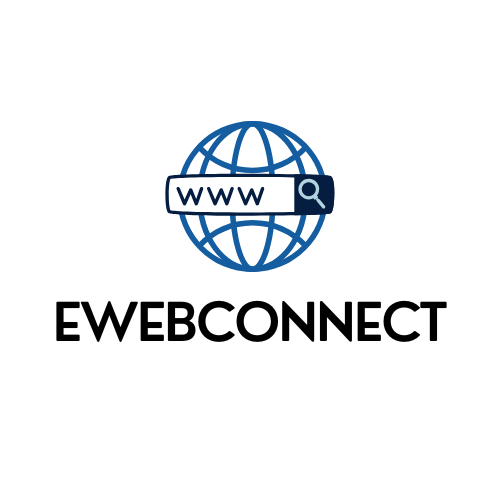Brain Recoding
The Importance of a Website for Your Business: Why It’s a Must-Have in Today’s Digital World
In today’s digital age, a business without a website is like a car without wheels—it might still exist, but it’s not going anywhere fast. A website is no longer a luxury or an optional add-on; it’s a critical asset that can drive growth, connect with customers, and boost credibility. Here’s a closer look at why a website is essential for businesses of all sizes and industries.
1. Building Credibility and Professionalism
The first impression customers have of your business often comes from your online presence. Having a well-designed, informative website instantly boosts your credibility, showcasing that your business is professional, reliable, and here to stay. Customers trust businesses with established digital footprints, and without a website, you may risk being overlooked or, worse, distrusted by potential clients.
2. Expanding Your Reach and Customer Base
A website opens up opportunities to reach customers far beyond your immediate geographical location. By providing information, products, or services online, you can connect with a global audience, breaking down geographical barriers and expanding your reach. Even if your primary focus is local customers, a website helps you stand out and become more accessible to people in your region who might otherwise miss your business entirely.
3. Showcasing Products and Services 24/7
Your website acts as a digital storefront that’s open 24 hours a day, 7 days a week. Potential customers can browse your offerings, learn more about your brand, and even make purchases outside of standard business hours. This convenience allows customers to engage with your business when it suits them best, providing an ongoing flow of information and sales opportunities.
4. Enhancing Customer Service and Support
A website can serve as a resource hub, offering answers to frequently asked questions, product guides, and other customer service options that enhance user experience. This can save your team time and improve customer satisfaction. Integrating features like live chat, support tickets, or a detailed FAQ section lets customers find quick solutions, making them more likely to have positive interactions with your brand.
5. Cost-Effective Marketing and Advertising
Compared to traditional marketing methods, a website is an incredibly cost-effective way to promote your business. You can create blog posts, showcase testimonials, or share industry news to build a relationship with your customers without spending on ads. Furthermore, by implementing SEO strategies, you can attract more organic traffic to your site, making it easier for potential customers to find you on search engines like Google.
6. Gathering Valuable Customer Insights
A website provides detailed analytics, enabling you to understand who your customers are, how they find you, and what they are most interested in. By analyzing user behavior and gathering insights, you can make informed business decisions, tailor marketing strategies, and better meet customer needs. These insights also help you improve user experience, ultimately leading to higher customer retention rates.
7. Leveling the Playing Field with Competitors
In almost every industry, the competition is fierce. Having a website allows even small businesses to compete with larger players by providing the same accessibility and professionalism online. A strong website with a clear brand message, quality content, and engaging user experience helps you stand out in the crowded marketplace and win over customers who may have otherwise gone with a competitor.
8. Encouraging Customer Engagement and Feedback
A website provides an excellent platform for customer engagement. Through blog comments, feedback forms, or even social media links, customers can engage with your business, share feedback, and feel more connected to your brand. This feedback loop not only helps you improve your services but also strengthens customer loyalty, as they feel their voice is valued.
9. Supporting Your Other Marketing Channels
All your marketing efforts can be amplified by a well-maintained website. It’s where you can direct customers from social media, ads, or email marketing campaigns to explore your offerings in-depth. It acts as the anchor for your digital presence, where potential customers can complete actions—whether it’s subscribing to a newsletter, buying a product, or scheduling a service.
10. Adapting to Future Growth and Innovation
A website is scalable, meaning it can evolve as your business grows. Whether you’re adding new services, expanding your product line, or targeting a new demographic, your website can grow alongside you. With features like e-commerce integration, advanced analytics, or even AI-powered customer support, a website makes it easier to adopt and adapt to future innovations.
Conclusion
In today’s digital landscape, a website is more than just an online address; it’s an essential business tool that can drive sales, build credibility, and foster lasting customer relationships. It’s a platform that works for you 24/7, reaching out to a broad audience and establishing a solid foundation for growth. Whether you’re a small local business or a large multinational, a website is a must-have asset for success in the digital age.
Ready to make your mark? Investing in a website is one of the most important steps you can take to ensure your business’s visibility, professionalism, and long-term growth.
4o
ChatGPT can make mistakes. Check important info.?
